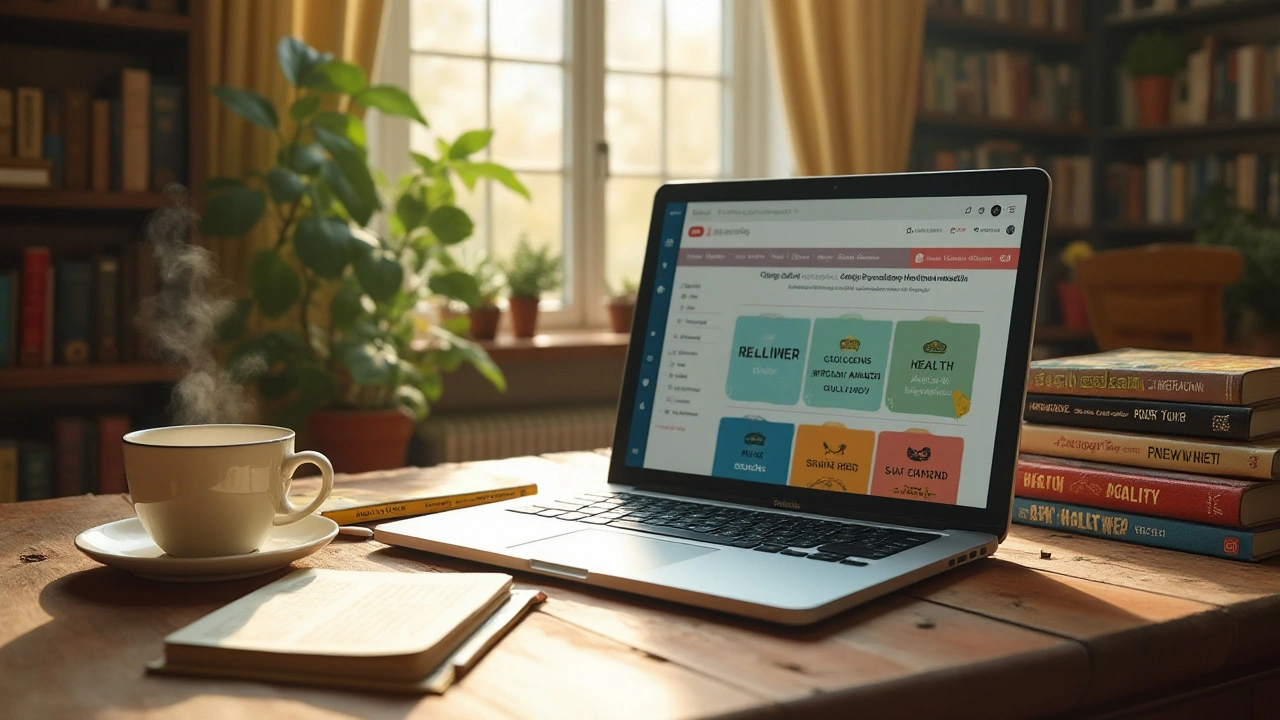WebMD alternatives: where to find clearer, safer medical info
Sick of generic symptom checkers and pages full of ads? WebMD is useful, but it’s not the only place to learn about meds, conditions, or tests. Here’s a practical guide to better alternatives and how to judge them so you get accurate answers fast.
Top reliable alternatives to WebMD
Mayo Clinic and NHS provide concise, clinician-reviewed overviews that focus on symptoms, treatments, and when to seek care. CDC and WHO are best for public health, outbreaks, and prevention advice. For drug specifics, the FDA site and Drugs.com list dosing, side effects, and safety warnings straight from regulators.
MedlinePlus (NIH) simplifies medical language and links to studies. PubMed and Cochrane are where to go when you want the original research or systematic reviews — useful if you want evidence, not just headlines. Professional societies (American Heart Association, American Diabetes Association) publish practical guidelines clinicians use every day.
Patient forums and communities (like condition-specific Facebook groups or Reddit communities) can give real-life tips, but treat them as anecdote pools — verify anything medical with a trusted source or your clinician.
How to spot trustworthy medical info online
Look for author credentials and review dates. If a page names a doctor, pharmacist, or medical reviewer and shows an update date, it’s more reliable. Prefer sites that cite sources or link to studies. Domains ending in .gov, .edu, or major medical centers (.org) usually carry fewer promotional ads and clearer oversight.
Watch for conflicts of interest. If the page pushes a brand-name drug, supplements, or an online pharmacy without disclosing affiliations, be cautious. Clear language about risks, alternatives, and when to call a doctor is a good sign. Beware of sensational headlines or promises of quick fixes.
When checking drug info, always compare at least two trusted sources. For prescriptions and dosing, use official labeling (FDA), a pharmacist, or your prescriber. Online symptom checkers can help you prioritize care but don’t replace a clinical exam — if symptoms are severe, get immediate care.
If you’re also shopping for meds or telehealth services, use well-reviewed pharmacies and telemedicine platforms. Our site publishes practical guides — from how to buy certain prescriptions safely to comparisons of discount pharmacies and telehealth options — to help you make safer choices.
Want faster checks? Bookmark two clinical sites (one local like NHS or CDC, and one global like Mayo Clinic), a drug reference, and your clinic’s patient portal. That combo gives you clear info, evidence, and a way to contact a provider when you need personalized advice.
Using multiple good sources keeps you smarter and safer than relying on one site alone. If something feels off about what you read, ask your doctor or pharmacist directly — they’ll sort the facts from the hype.
